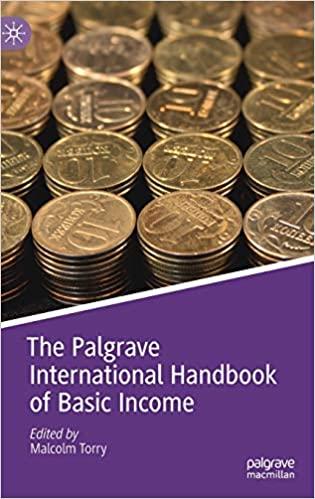Question
Consider the following capital market: a risk-free asset yielding 2.75% per year and a mutual fund consisting of 65% stocks and 35% bonds. The expected
Consider the following capital market: a risk-free asset yielding 2.75% per year and a mutual fund consisting of 65% stocks and 35% bonds. The expected return on stocks is 13.25% per year and the expected return on bonds is 4.75% per year. The standard deviation of stock returns is 42.00% and the standard deviation of bond returns 14.00%. The stock, bond and risk-free returns are all uncorrelated.
What is the expected return on the mutual fund?
What is the standard deviation of returns for the mutual fund?
Now, assume the correlation between stock and bond returns is 0.32 and the correlations between stock and risk-free returns and between the bond and risk-free returns are 0 (by construction, correlations with the risk-free asset are always zero).
What is the standard deviation of returns for the mutual fund? Is it higher or lower than the standard deviation found in part 2? Why?
Now, assume that the standard deviation of the mutual fund portfolio is exactly 30.00% per year and a potential customer has a risk-aversion coefficient of 3.25.
What correlation between the stock and bond returns is consistent with this portfolio standard deviation?
What is the optimal allocation to the risky mutual fund (the fund with exactly 30.00% standard deviation) for this investor?
What is the expected return on the complete portfolio?
What is the standard deviation of the complete portfolio?
What is the Sharpe ratio of the complete portfolio?
Please provide step by step solution
Step by Step Solution
There are 3 Steps involved in it
Step: 1

Get Instant Access to Expert-Tailored Solutions
See step-by-step solutions with expert insights and AI powered tools for academic success
Step: 2

Step: 3

Ace Your Homework with AI
Get the answers you need in no time with our AI-driven, step-by-step assistance
Get Started


